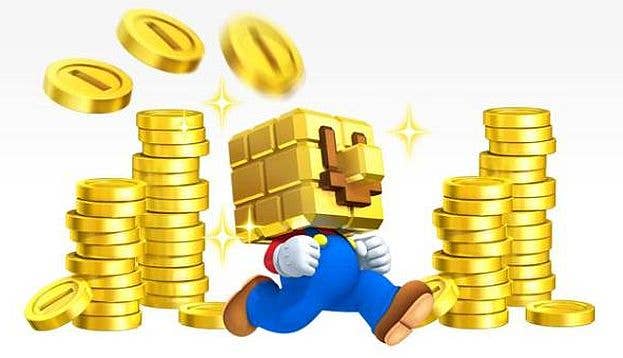Game consoles' sluggish sales demand a price cut
NPD numbers show hardware is hurting; time for the Big Three to cut prices in advance of the holiday season
June adhered to the pattern of the last five years for domestic retail sales of video game hardware and software. NPD reported that once again retail sales of console hardware and software dropped compared to the same month in 2012, with total video game sales (hardware, software, and accessories) down 15 percent. The small crumb of comfort is that sales didn't drop as much as they have in some of the previous months this year, where the results have plunged as much as 44 percent over last year.
Looking more closely at the numbers, the bulk of the reduction came in hardware sales, which is what you would expect with new consoles on the horizon. The odd thing here is that despite continuing sales declines, none of the Big Three have dropped prices on existing consoles. That's the usual circumstance late in a console cycle, when hardware's not moving: Drop the price and find a whole new audience. Apparently, if that's going to happen it will occur closer to the launch of new consoles. For a price change to have any significant impact on holiday sales, it would have to occur by October at the latest. Sony, Microsoft and Nintendo have all signaled that continuing sales of existing current-gen consoles are important. A price cut will certainly boost sales, and it's especially important with new console competition appearing at the low end.
"But will lower hardware pricing really boost sales? Just ask Nintendo"
It would be better for the Big Three to get sales moving sooner, rather than later. Perhaps they are worried about eating into sales of next-gen consoles, but those devices have to sell on their own merits. Yes, cutting prices on current consoles means making less money, but the real profit is in software anyway. When you get $5 or more in profit from each software sale, you can make up for lower hardware margins pretty quickly. But will lower hardware pricing really boost sales? Just ask Nintendo.
Nintendo has certainly worked wonders with the 3DS after a slow start. Sure, the arrival of better software was a big help, but does anyone think the 3DS would be selling well at $249? The price drop was crucial to building momentum and getting more software in development.
Can the same thing happen with the Wii U? It's going to be a more difficult task for several reasons. First, the Wii U has more competition at both lower and higher price points (Xbox 360 and PS3 at the low end, and Xbox One and PS4 at the high end) with vastly larger and more diverse software libraries. Second, since Wii U development is significantly more expensive than 3DS development, it will be harder to rally third-party support. Nintendo will have to supply most of the compelling Wii U software with its own products, which is hard. The company has already admitted development of Wii U titles is taking longer than expected, which is why Pikmin 3 is late, for example.
Read more analysis of the retail sales numbers on the [a] list daily.









